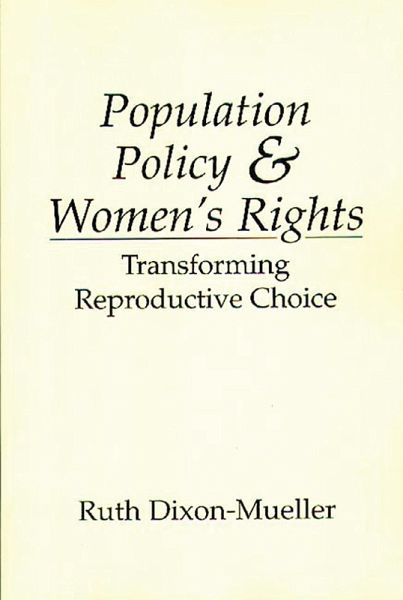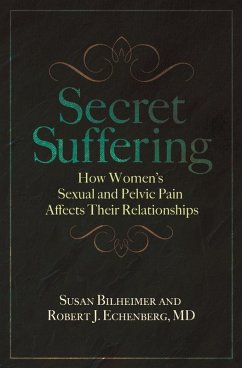
Population Policy and Women's Rights (eBook, PDF)
Transforming Reproductive Choice
Versandkostenfrei!
Sofort per Download lieferbar
28,95 €
inkl. MwSt.
Weitere Ausgaben:

PAYBACK Punkte
14 °P sammeln!
Global population policies are under intense scrutiny as environmental and development organizations worry about the threat of overpopulation and call for stronger measures of population control. At the same time, women's organizations in both developing and industrialized countries are intensifying their attacks on the simplistic thinking of the population controllers and the quest for a technological fix on the part of the family-planning establishment. Population Policy and Women's Rights presents a forceful argument for a more responsive approach to fertility limitation in developing count...
Global population policies are under intense scrutiny as environmental and development organizations worry about the threat of overpopulation and call for stronger measures of population control. At the same time, women's organizations in both developing and industrialized countries are intensifying their attacks on the simplistic thinking of the population controllers and the quest for a technological fix on the part of the family-planning establishment. Population Policy and Women's Rights presents a forceful argument for a more responsive approach to fertility limitation in developing countries--one that builds on women's concerns about their survival and security and strengthens women's rights. Ruth Dixon-Mueller reviews the history of the debate between feminists and the birth control movement, examines the forces affecting U.S. population policy on the domestic and international fronts, and documents the relationship between women's reproductive rights and their rights in other areas. Dixon-Mueller begins by focusing on the evolution of the political positions of the women's movement and the birth control/population control movements. She examines the relationship between different aspects of women's rights and reproductive choice in developing countries. She concludes with a proposal for a woman-centered approach to reproductive policy-making, based on promoting women's rights and protecting women's sexual and reproductive health. Written from a sociological perspective, Population Policy and Women's Rights is recommended for researchers, policy-makers, and students in the fields of population, development, women's studies, and human rights.













